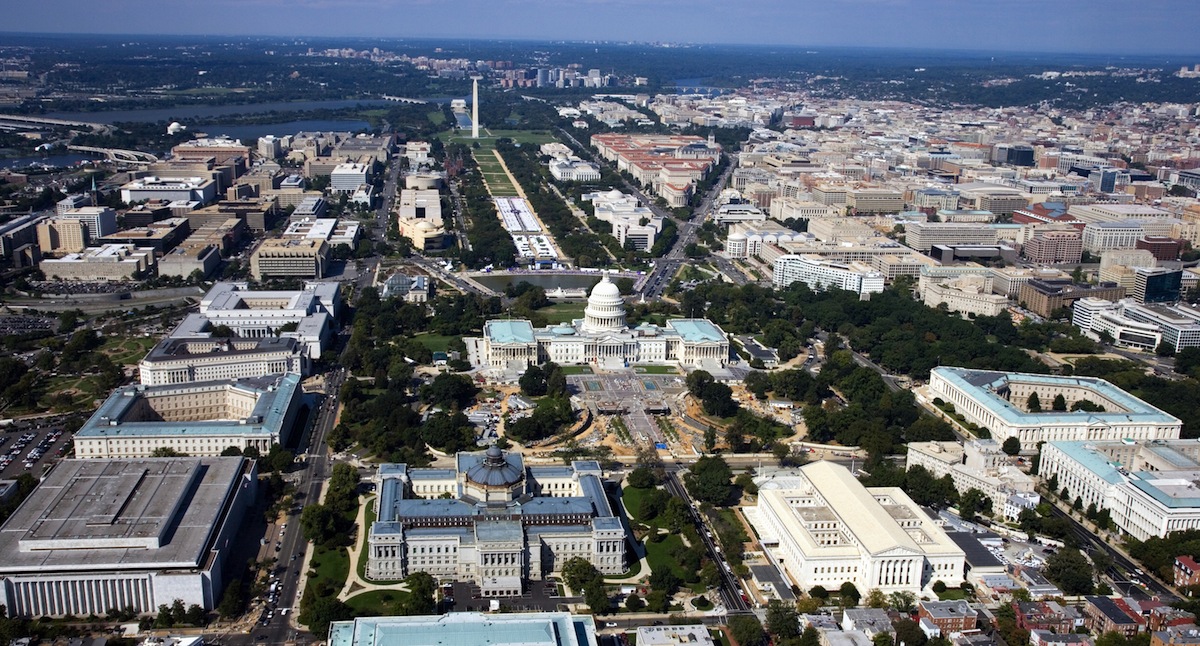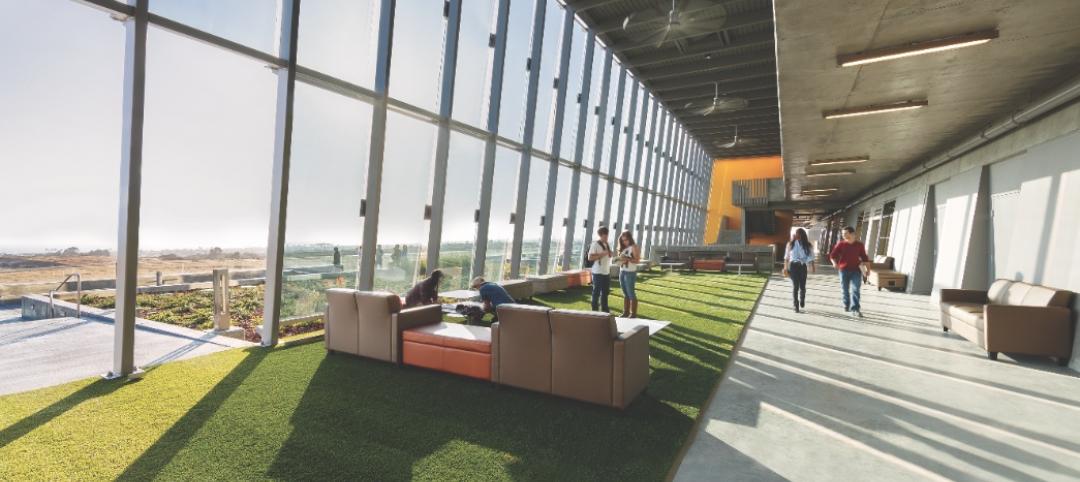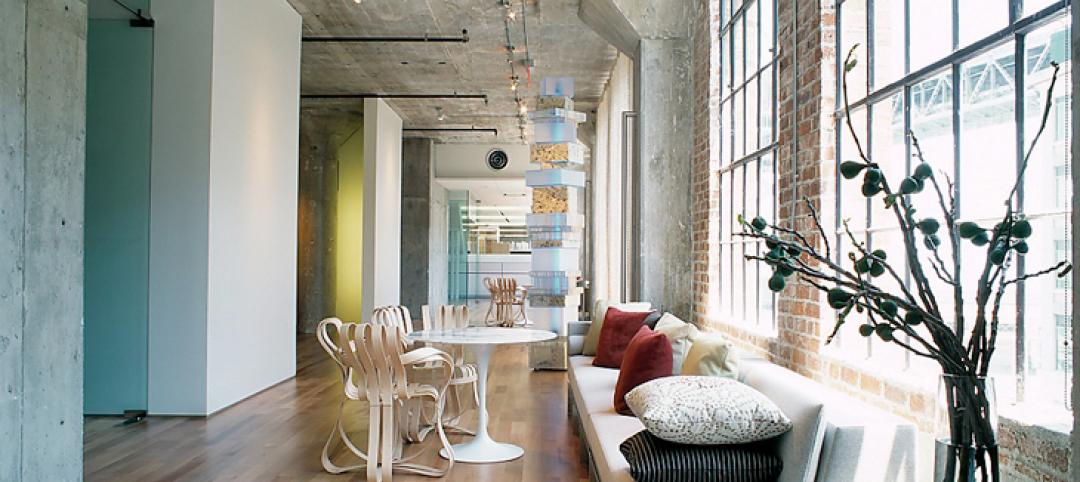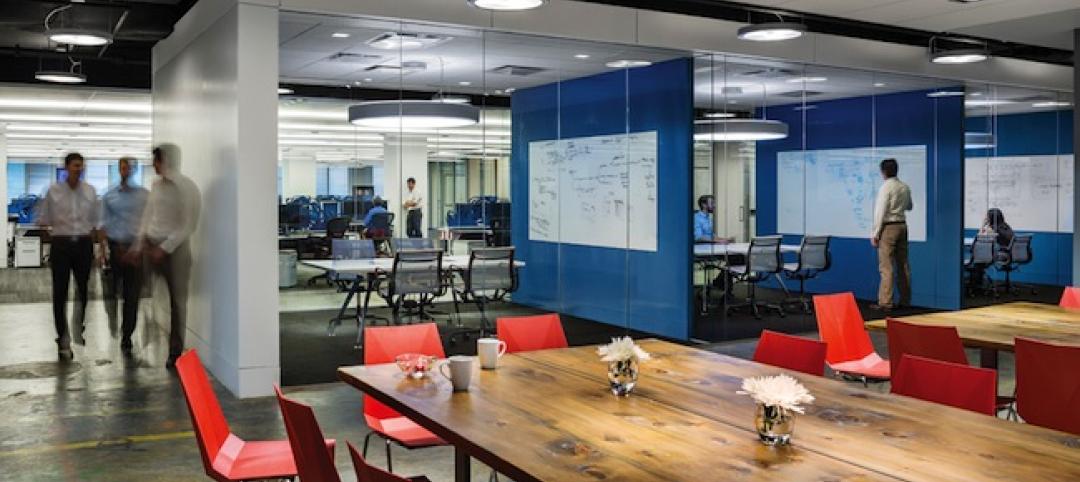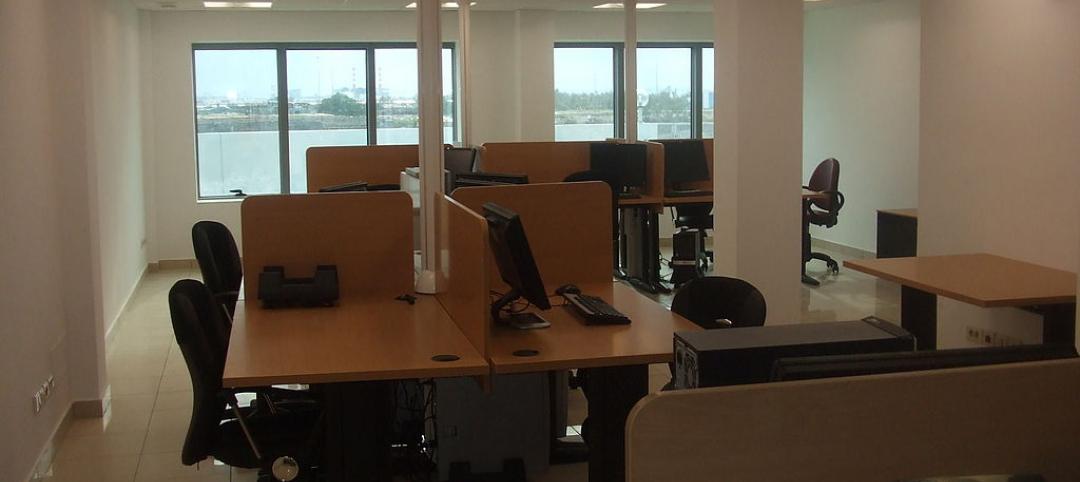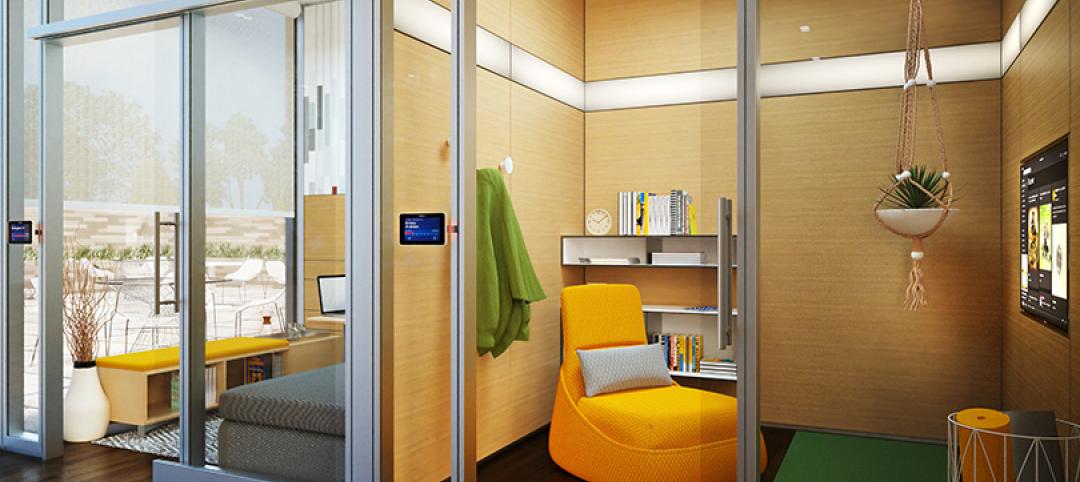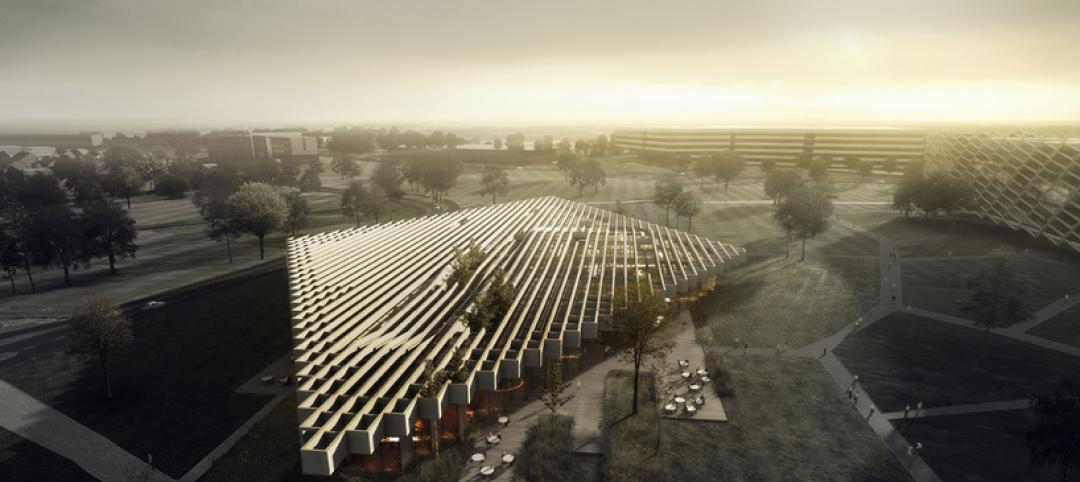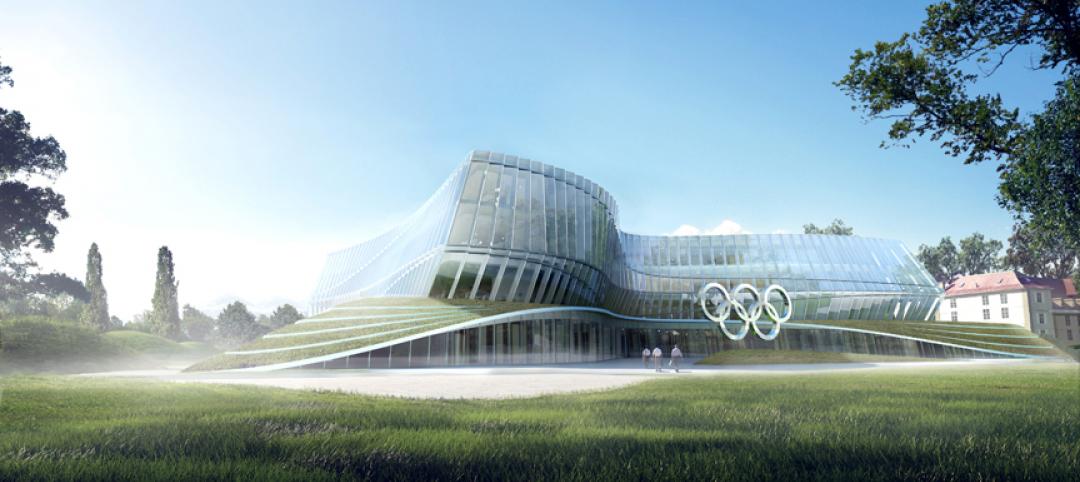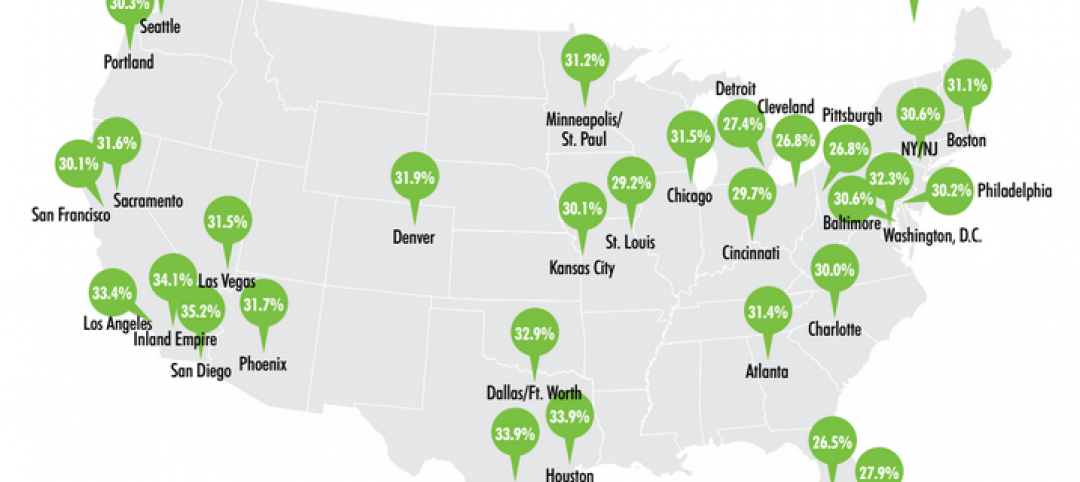There are 71.5 million sf of vacant office space in the Washington D.C. region. The national real estate brokerage Marcus and Millichap expects one-fifth of metro D.C.’s total office space to be empty by the end of this year. And another 1 million sq of office space could come onto this market over the next several years as businesses vacate older buildings once their leases expire.
The D.C. suburbs are fast becoming the latest American ghost towns, according to the Washington Post, as work styles have changed, preferences have shifted toward walkable commutes, and government—the area’s biggest employer—has shrunk.
The corporate campus is far from dead—just ask Google, Facebook, and other Silicon Valley companies that are building massive new headquarters and reinventing this concept to be transit-oriented and Millennial-friendly.
The D.C. suburbs are fast becoming the latest American ghost towns, as work styles have changed, preferences have shifted toward walkable commutes, and government—the area’s biggest employer—has shrunk.
The U.S. Bureau of the Census’ latest estimate for the value of private office construction put in place was up, year-to-year, 24.6% in May to $55.4 billion. Spending on public office construction in May rose 26.9% to $46.6 billion.
But in certain states, there have been mass evacuations of office spaces. In New Jersey, pharmaceutical firms that once operated sprawling suburban campuses have left millions of square feet of office space, warehouses, and labs deserted.
Empty office buildings have been a fact of life in D.C. and its suburbs for a while. By mid-2014, 11 Montgomery County, Md., office buildings totaling 2.25 million sf stood almost or totally vacant, and another nine, totaling 1.4 million sf, were “almost totally available”.
A portion of vacancies is attributable to federal government cutbacks. The Post reports that government agencies have been evacuating office and warehouse spaces in droves. They vacated 7,315 buildings with 47 million sf of office space in 2014 alone, reports Federal News Radio.
Still, office construction continues in D.C., and some developers and AEC firms view this market’s office space surfeit as an opportunity, although most of the recent activity is occurring within the city’s limits.
Skanska disclosed last week that it is investing $116 million in a new office building in D.C. The giant contractor will develop and build a new 11-story, Class-A office building with ground floor retail and four below-grade parking levels in Washington’s Capitol Riverfront submarket. The total leasable space will be about 22,000 sm (237,000 sf). Construction is scheduled to begin later this summer.
Tishman Speyer recently paid $30.5 million to acquire 2020 M Street N.W., the longtime D.C. bureau of CBS News, which it will redevelop into a modern office, newsroom and studio space for the media giant.
On July 21, Carr Properties, a local owner/operator/developer, acquired Columbia Center, a 393,815-sf, 12-story Class A office building in Washington D.C., for an undisclosed amount. In May, the Post reported that Carr Properties had raised $300 million from Alony Htez Properties and Investments, one of Israel’s largest real estate investment companies, to invest in local office buildings and development projects.
Related Stories
| Dec 28, 2014
AIA course: Enhancing interior comfort while improving overall building efficacy
Providing more comfortable conditions to building occupants has become a top priority in today’s interior designs. This course is worth 1.0 AIA LU/HSW.
| Dec 28, 2014
10 key design interventions for a healthier, happier, and more productive workplace
Numerous studies and mountains of evidence confirm what common sense has long suggested: healthy, happier workers are more productive, more likely to collaborate with colleagues, and more likely to innovate in ways that benefit the bottom line, writes Gensler's Kirsten Ritchie.
| Dec 28, 2014
Workplace design trends: Make way for the Millennials
Driven by changing work styles, mobile technology, and the growing presence of Millennials, today’s workplaces are changing, mostly for the better. We examine the top office design trends.
| Dec 27, 2014
7 ways to enhance workplace mobility
The open work environment has allowed owners to house more employees in smaller spaces, minimizing the required real estate and capital costs. But, what about all of their wireless devices?
| Dec 27, 2014
'Core-first' construction technique cuts costs, saves time on NYC high-rise project
When Plaza Construction first introduced the concept of "core first" in managing the construction of a major office building, the procedure of pouring concrete prior to erecting a steel frame had never been done in New York City.
| Dec 19, 2014
Zaha Hadid unveils dune-shaped HQ for Emirati environmental management company
Zaha Hadid Architects released designs for the new headquarters of Emirati environmental management company Bee’ah, revealing a structure that references the shape and motion of a sand dune.
| Dec 18, 2014
In response to ultra-open and uber-collaborative office environments
Susan Cain’s bestselling 2012 book, "Quiet: The Power of Introverts in a World That Can’t Stop Talking" has made an impact on how we understand our current workforce, recognizing that at least one-third of the people we work with are introverts, writes SRG Partnership's Susan Gust.
| Dec 12, 2014
COBE's striking 'concrete finned' scheme wins competition for Adidas' flagship building in Germany
Danish firm COBE has been announced the winner in a contest to design a new Adidas flagship building in Herzogenaurach, Germany. It beat out 29 other teams, including REX and Zaha Hadid.
| Dec 10, 2014
International Olympic Committee releases first images of new HQ in Switzerland
Designed by 3XN, the new headquarters is located within a park on the shores of Lake Geneva and adjacent to historic Château de Vidy, which has been the iconic home of the IOC.
| Dec 6, 2014
Future workplace designs shouldn’t need to favor one generation over another, says CBRE report
A new CBRE survey finds that what Millennials expect and need from offices doesn’t vary drastically from tenured employees.


